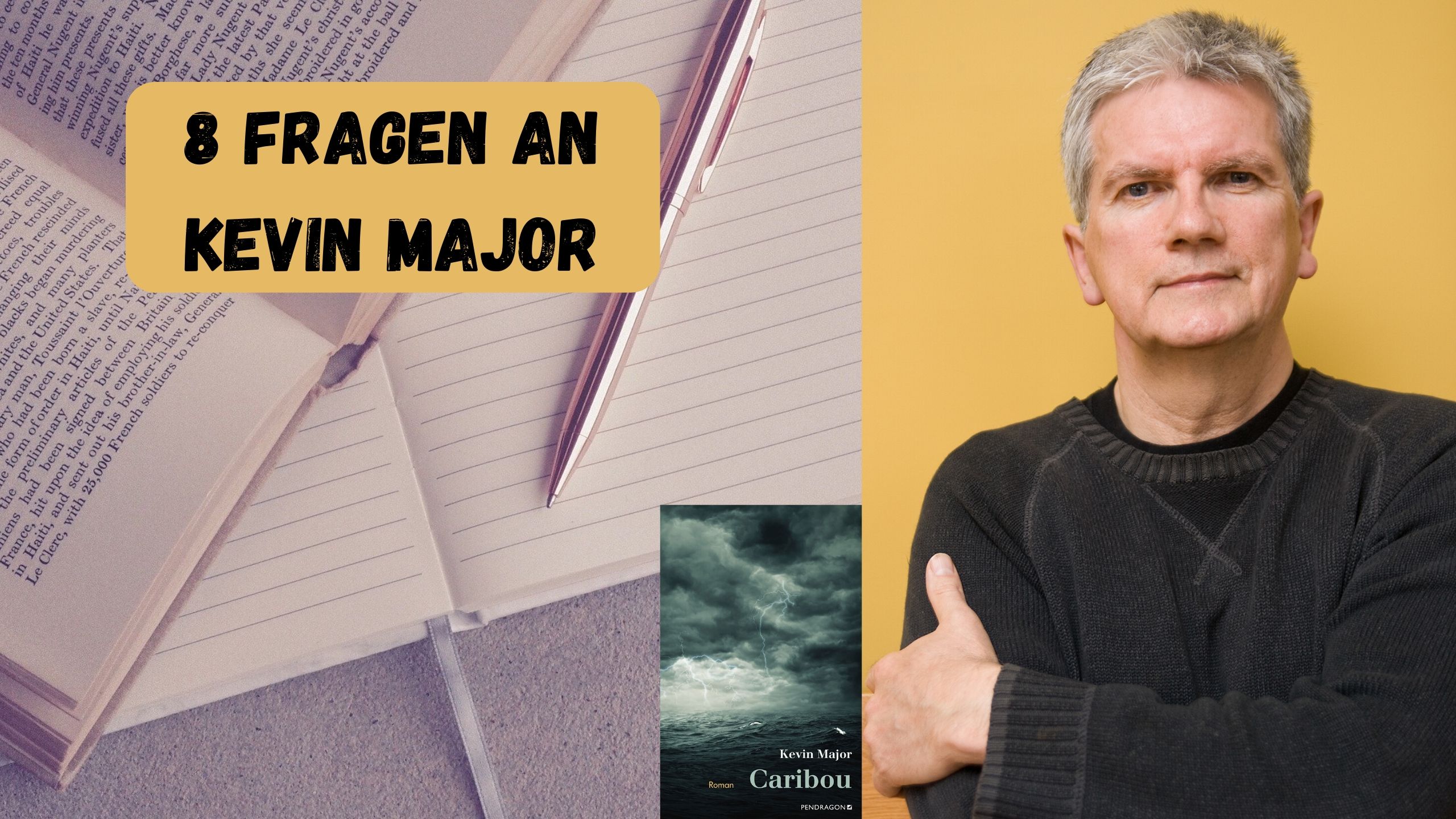1. Do you have a specific place where you write? How does it look like?
I have an office in my house, with bookcases crammed full, and various mementos of my writing career on the wall space that is left. The room has a bank of windows that overlook tall trees and a greenspace beyond. However, I have situated my desk in such a way that I can ignore the view. You don’t want scenic distraction when you write! I have another room where I also work at times. It is more relaxed, with a comfortable armchair where I sit with my laptop to write, and a small dog that likes to occupy the vacant edge of my lap.
2. Which book particularly touched/fascinated you (lately)?
In recent years I’ve been reading classic fiction which for whatever reason I missed reading in my younger years. In 2019 I read all of Dostoevsky’s major novels. I just finished Fathers and Children (sometimes titled Fathers and Sons) by Ivan Turgenev. I found it fascinating to inhabit 19th century Russia. In a different vein, Hemingway has had a lasting effect on my approach to writing, but I had somehow missed reading For Whom the Bell Tolls. I’m now remedying that situation. A powerful book, brutal on one hand, heartening on the other.
3. Did you ever wish, after publishing a book, that you did something different in it?
Not really, other than correct the typos that escaped me before it went to press! I look at a book as the best I can do at a particular point in time. I move on, and focus on the book that I am writing at the moment.
4. Do you plan ahead a lot or do you (sometimes) just start writing right away?
It depends on the book. If it is an historical novel, I will spend as much time in research and planning the course of the story as I will in the actual writing. If it is contemporary, I will still spend time planning before plunging into the writing, but not near as much. Sometimes I stop writing partway through to refocus. One thing I don’t want to do is write myself into a corner and not be able to get out of it in a logical, believable manner.
5. How old were you during your first writing attempts and what were they?
I wrote as a kid – mostly bad poetry. In high school I remember writing a story set in Japan. Of course I had no firsthand experience of Japan. I just thought I needed to set my stories in places that were more exotic than where I lived. Once I realized that no matter what part of the world you inhabit there are interesting stories to be told, my fiction began to take shape in a way that was meaningful.
6. You are on a deserted island, all by yourself – except one of your characters. Who would you like to have with you and why?
Let me think. I lived in the world of Ulrich Gräf for the several years it took to complete this book. I would like his company for a while. Partly to see if I did him justice in the novel. And as support, he being a clever, practical man who would find solutions to the day-to-day problems we would no doubt encounter on a deserted island.
7. How/where do you get the ideas/topics for your books?
The history of the part of Canada where I live (Newfoundland and Labrador) has provided a steady stream of topics that I have wanted to revisit in fiction. Lately, I’ve started the third of what I hope to be a series of murder mysteries, with an offhand central character whose sense of humour permeates the books. Someone who lives in the same city I do, who enjoys cooking and loves peaty whisky, as I do. Who has a small dog . . . ummmm. . . he’s starting to sound a bit like me.
8. Some advice for people trying to be authors on how to stick with writing and keep motivating themselves?
If you want to be an author, one thing you need is self-discipline. Find the time to write and stick with it, even when there are a hundred other things that might get in the way. Set a modest goal for each day (mine is one double-spaced page) and it won’t be long before the pages start to pile up, and eventually you’ll have a first draft. Then the tough work begins – rewriting, rewriting, rewriting. But eventually that too will pass, and you’ll have what you think is a strong draft of a good book, the best you can do at that point in time. Hopefully it will reach a publisher and editor who like it. If so, it means still more work ahead. Take comfort – it’ll all be worth it in the end.
Pendragon
Letzte Artikel von Pendragon (Alle anzeigen)
- Andrea Fischer Schulthess: Wer ist sie – und wenn ja wie viele? - 21. November 2025
- Auf den Spuren des norwegischen Nationalhelden Martin Linge - 12. Mai 2025
- ÁMBAR – Ein Blick hinter die Kulissen - 5. Februar 2025

